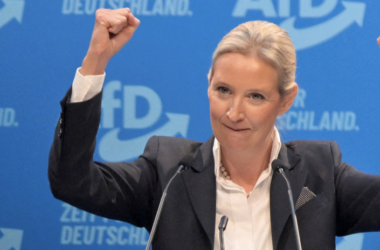Tensions between the Czech Republic and Slovakia are heating up, and Czech Prime Minister Petr Fiala isn’t mincing words. He’s calling out Slovak leader Robert Fico’s foreign policy, criticizing Bratislava for going after Brussels more than Moscow.
“I hear more criticism from Bratislava about Brussels than about Moscow, and this seems strange to me,” Fiala said.
Diplomatic Relations on Ice
Fiala made it clear—there’s no reason to restart intergovernmental talks with Slovakia anytime soon. Speaking on Czech Television, he doubled down on his stance, saying, “There is no reason to renew the Czech-Slovak intergovernmental negotiations, and there are no conditions for this.”
Why the cold shoulder? Fiala blames Fico’s close ties with Russia, pointing to his recent talks with Vladimir Putin. The Czech government froze official diplomatic discussions in early 2024 over major disagreements on foreign policy, particularly Slovakia’s softer stance on Ukraine.
Though formal negotiations are off the table, Czech and Slovak officials still hold bilateral meetings. The upcoming EU summit in Brussels will provide another opportunity for Fiala and Fico to meet—though it’s unlikely to smooth things over.
Rejecting Interference Claims
Fico has accused Czech politicians and media of meddling in Slovakia’s internal affairs, but Fiala isn’t having it.
“I do not interfere in Slovakia’s internal affairs, and none of my colleagues do,” he stated, dismissing the accusations as baseless.
He contrasted his government’s approach with that of former Czech PM Andrej Babiš, who openly supported Fico during Slovakia’s last election. Unlike Babiš, Fiala insists he’s not telling Slovaks how to vote—but he will speak up when their government’s actions affect Czech interests.
“The Slovak prime minister has foreign policy ideas that are not in line with the security, strategic, and economic interests of the Czech Republic,” he warned.
And he has no plans to back down.
“I will repeat this to Robert Fico on Monday,” Fiala added.
With Slovakia and Czechia moving in opposite directions on key issues like Ukraine, immigration, and European integration, this rift isn’t closing anytime soon.




